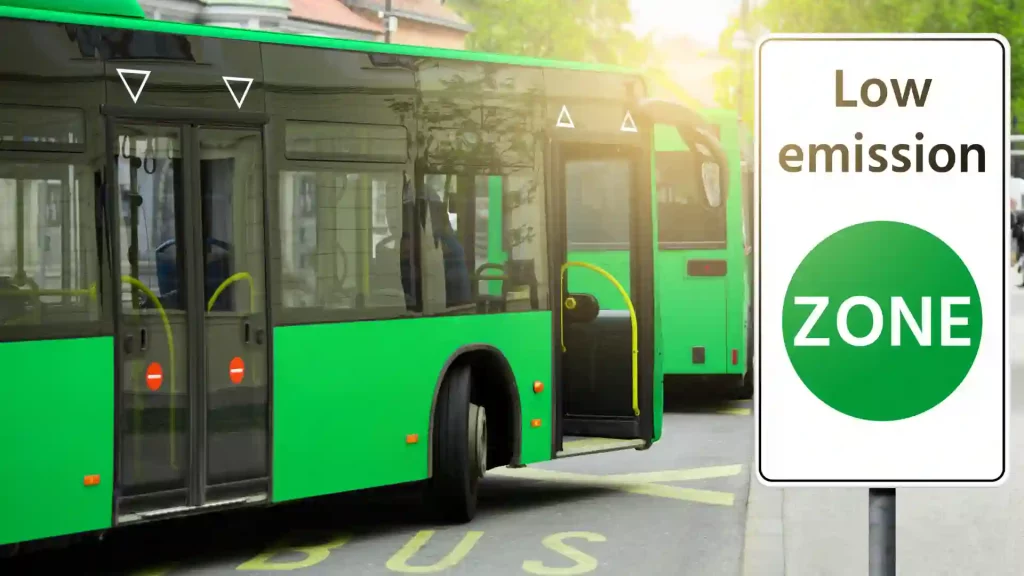Hosted by the Abu Dhabi National Oil Company (ADNOC), ADIPEC is the world’s most influential gathering for energy industry professionals. The Decarbonisation Zone at ADIPEC 2022 is a brand-new addition that reflects the growing prerequisite for decarbonisation strategies in the energy industry. The zone at ADIPEC will be a forum for leaders in the energy environment to consider low-carbon technologies, and the vital role the oil and gas sector performs in accelerating the transition from fossil fuels to cleaner forms of energy.
ADIPEC 2022 will accelerate the energy transition, unlock real value in a decarbonised future, exhibit ground-breaking technologies, delve into actionable strategies and solutions in response to opportunities and challenges created by complex global energy market dynamics.
Limiting global warming
The decarbonisation of global energy will play a significant role in curbing average global warming to achieve net zero by 2050. The decarbonisation zone presented by ADIPEC will be the centre of that conversation, with highly prominent energy providers strengthening their strategies and discussing low-carbon technologies as they navigate the route to decarbonisation.
Mark Brownstein, Senior Vice President of Energy at Environmental Defence Fund said that the leaders in this industry realize that decarbonisation is vital. It would take sincere cooperation and a methodical shift to achieve net-zero emissions. He added that there is certainly no better place than Adipec for engaging the world’s producers and energy consumers at all levels of the enterprise on the solutions that are essential to prosper in time.
The Decarbonization Conference at ADIPEC would be held in the Decarbonisation Theatre in November 2022. The engaging programme gathering would bring in global experts to share their insights into the most innovative technologies and strategies focused on four pivotal themes for the industry: Methane, Hydrogen, Carbon Capture Utilisation and Storage (CCUS), and New Energies.
Adipec to host Technical presentations
The Decarbonisation Conference would highlight a series of seminars and technical presentations from leading innovators from the industry and solution providers.
The conference would facilitate sessions aimed at offering the state-of-the-art inventions that would enable all investors to address the growing demand for green solutions, generate funding mechanisms, attract strategic partnerships and cross-industry participation, and transform innovative ideas into a practical solution towards leading a cleaner energy in the time ahead.
Reducing methane emissions
One of the most remarkable opportunities to decrease the oil and gas sector’s greenhouse gas footprint involves decreasing methane emissions. Methane emissions efficiency can be cost-effective for natural gas producers, with most methane emissions profitable or cost neutral to subside.
Furthermore, methane emissions can be eradicated or cut back by applying a host of judicious practices, such as avoiding venting during the exploration and production of natural gas, prohibiting flaring, avoiding fugitive emissions from valves and compressor stations, and ensuring that sweltering is not insufficient.
Hydrogen promise
According to the Hydrogen Council, hydrogen can deliver the lowest possible cost decarbonisation solution for over 20% of final energy demand by 2050, providing to a cumulated reduction of eighty gigatonnes of carbon dioxide (CO2).
Hydrogen, produced from renewable electricity, has appeared as a promising fuel due to its high conversion efficiency, high energy density, storage potential, and the benefit of clean energy. As a result, hydrogen has a key role in the global energy transition by assisting to diversify energy sources globally, foster technological and business innovation as drivers for prolonged economic growth, and decarbonise challenging to-subsided sectors.
Carbon Capture Technology
Carbon Capture Technology (CCUS) technologies present significant strategic value in the transition to net-zero. CCUS can generate harmful emissions by a combination with direct air capture or bioenergy.
In conjunction with CCUS costs dwindling, and new business models that can enhance the financial viability of CCUS emerging, the upcoming decade would be crucial to scaling up investment in the development and implementing CCUS.
New Energies
The energy transition is characterised as the shift from fossil fuels to cleaner sources of energy, renewables. According to the International Energy Agency (IEA) a new energy economy ushered technology innovation, forward by policy action and the increasing importance of the need to tackle climate change.
Many oil and gas firms have set net-zero carbon emissions targets and are exploring investments and strategies in solar, wind, biofuels, and electric vehicles to position themselves as wider energy providers, embracing the concept of becoming multi-faceted energy enterprises.
